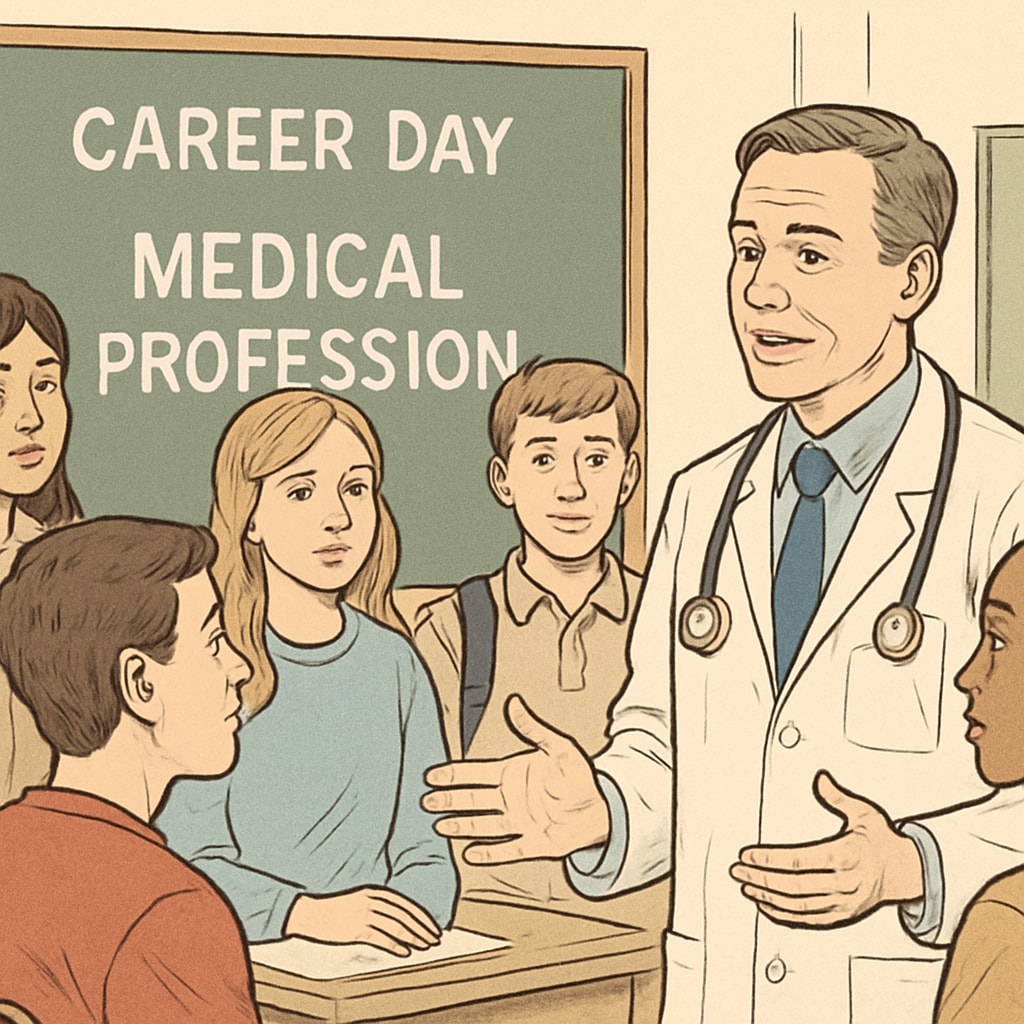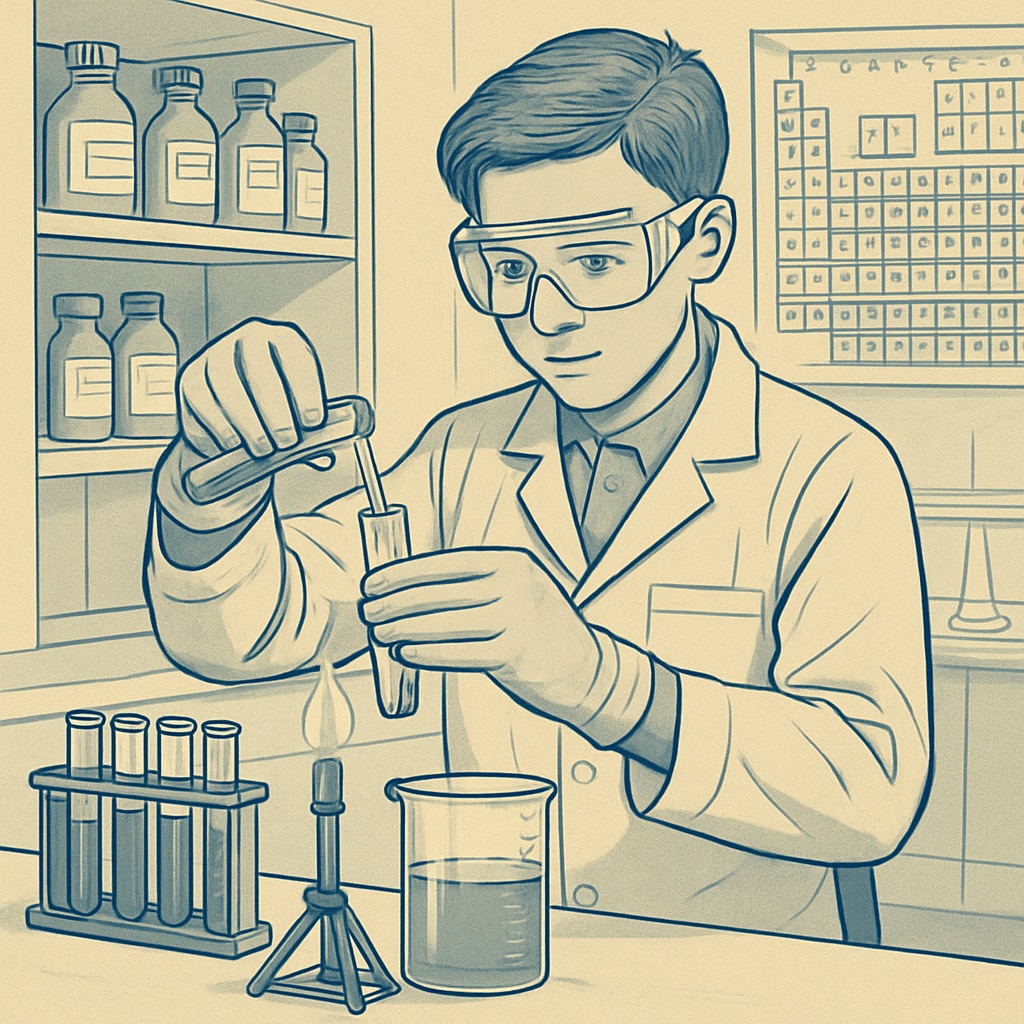The path to becoming a doctor starts long before entering medical school. For K12 students aspiring to join the medical field, early preparation is essential. This article focuses on medical career planning, addressing ten key questions that can help students lay a solid foundation for their future in medicine. By exploring these topics, students and parents can better understand the steps involved in pursuing medical education and the skills required to succeed in the healthcare industry.
Understanding the Medical Profession: Insights from Doctors
One of the most effective ways to gain a clear understanding of the medical profession is through doctor interviews and firsthand accounts. Experienced physicians can provide invaluable insights into the realities of medical practice, the challenges faced, and the rewards of helping others. Aspiring medical students should take advantage of shadowing opportunities, career days, or even informational interviews to learn more about the profession.
Questions to ask during doctor interviews might include:
- What inspired you to pursue a career in medicine?
- What are the most rewarding and challenging aspects of your job?
- What advice would you give to students who want to become doctors?

Preparing Academically for a Medical Career
Academic preparation is a cornerstone of medical career planning. Aspiring doctors should focus on excelling in science, math, and critical thinking subjects. High school coursework in biology, chemistry, and physics is particularly important. In addition, students should consider Advanced Placement (AP) or International Baccalaureate (IB) programs if available, as these can provide a strong foundation for college-level studies.
Key academic tips for K12 students include:
- Maintain high grades, particularly in STEM subjects.
- Participate in science fairs or research projects to gain hands-on experience.
- Develop strong writing and communication skills to excel in applications and interviews.

Developing Essential Skills Beyond Academics
In addition to academic achievements, K12 students should cultivate essential soft skills that are critical for success in medicine. These include empathy, teamwork, resilience, and adaptability. Volunteering at hospitals, participating in leadership programs, or joining extracurricular activities can help build these qualities.
For example, volunteering at a local clinic or nursing home provides firsthand exposure to patient care and demonstrates a commitment to serving others. Leadership roles in school clubs or sports teams can also foster communication and organizational skills.
Exploring Career Options in Medicine
The medical field offers diverse career pathways beyond traditional roles like doctors and surgeons. Students should explore specialties such as nursing, pharmacy, radiology, and medical research. This broader perspective can help them identify their interests and align their educational goals accordingly.
Resources to explore include:
Balancing Passion and Practicality
Finally, students should evaluate their passion for medicine alongside practical considerations, such as financial investment, time commitment, and emotional resilience. Medical careers require years of study, training, and dedication. Therefore, students should ensure that their motivation for pursuing medicine aligns with their long-term goals.
Parents and educators can play an important role by guiding students through this decision-making process and encouraging them to seek mentorship from professionals in the field.
Readability guidance: Use concise paragraphs, lists, and clear subheadings to ensure readability. Balance academic and personal development advice while emphasizing active learning opportunities. Incorporate transition words such as “however,” “in addition,” and “as a result” to maintain logical flow.


